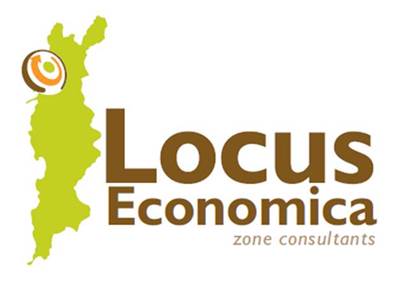Azerbaijan
As a heavily oil-reliant country, Azerbaijan’s economy fluctuates greatly with the price of oil. Moreover, since public investment is the key driver of non-oil growth, declines in oil profits spill over into reduced public spending, which in turn slows growth in all areas of the economy. According to the World Bank, the key steps necessary to continue poverty reduction in Azerbaijan are reforms to facilitate private-sector growth and improvements to the labor market.
Azerbaijan has taken some steps to encourage more private-secotr investment. In 2008, the country introduced a “one-window” principle that reduces registration requirements, allowing businesses to only register once, with the Ministry of Taxes. In February 2016, the government introduced amendments to the Tax Code that provide benefits for certain activities, including up to 7 years of tax exemptions for 50% of business income.
Azerbaijan adopted a special economic zones bill in 2009 and in 2016, the President signed a decree to create a free trade zone in the Alat township of Baku’s Garadagh district.



UNIDO assessed the possibility of a free economic zone in Azerbaijan in 2007, with parallel World Bank Foreign Investment Advisory Service (FIAS) work on the legal front by Locus Economica Founder and CEO Jean-Paul Gauthier. Partially as a result of these efforts…